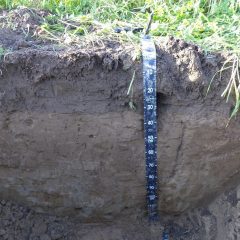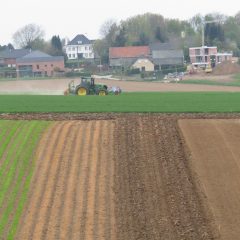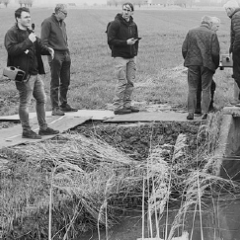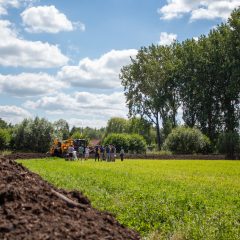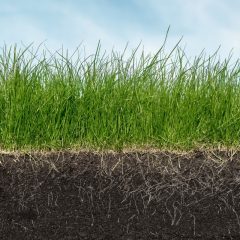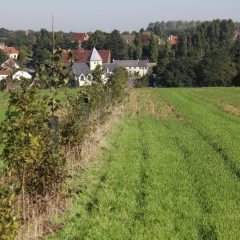Research project Wet agriculture as alternative agriculture
PaluDIGIcultuur

General introduction
In some regions of Province of Antwerp, groundwater elevation is being considered in the context of climate adaptation and mitigation. An increased groundwater level improves the buffering capacity and allows carbon sequestration in the soil, on the other hand, this consideration has a major impact on area planning. Wetting of soils means they can no longer be used for conventional agriculture and paludiculture or wet farming comes into the picture. However, in Flanders little is known about this type of agriculture, its ecosystem services and environmental impact.
Research approach
In PaluDIGIculture, a digital tool is being developed that supports governments in area-based policy choices. Several data sources will be linked: qualitative data from yield data of wet agricultural crops and the valorization of ecosystem services, qualitative data on the necessary preconditions and chain operation of wet agriculture, and the agricultural compass developed by the Province of Antwerp.
Translated with DeepL.com (free version)
Relevance/Valorization
Wetting has an impact on the wider environment and is best tackled on an area-by-area basis. Authorities of different policy levels will each be able to work with the tool from their own powers and make well-considered decisions on whether or not to wet an area.
Financing
Europees Fonds voor Regionale Ontwikkeling (EFRO)

